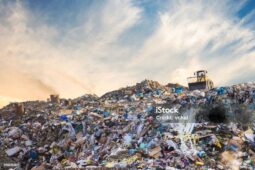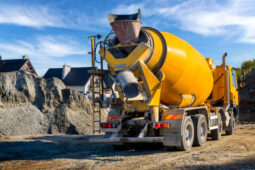
Tackling CH4 emissions from landfills (start time: 5:59) Methane is an extremely potent greenhouse gas, and its emissions have been rising recently in the U.S. The largest source of methane emissions is oil and gas production, followed by livestock farming. The third largest source of methane emissions is landfills. Food scraps, yard debris, paper and cardboard products and other carbon-based detritus that pile up in landfills release methane and other chemicals as they decompose in the soil. As part of the state’s goal of slashing greenhouse gas emissions, the Colorado Department of Public Health and Environment is developing new, and stricter, rules that will require landfill operators to do more to monitor and capture methane emissions. KGNU host Susan Moran interviews Clay Clarke, director of the Climate Change Program at CDPHE; and Madison Hall, an associate with the Rocky Mountain Institute‘s US Program. For info on the Feb. 26 final public hearing on the methane rule, click here.
Show Host/Producer: Susan Moran
Engineer: Jackie Sedley
Executive Producer: Beth Bennett
Headline Contributors: Beth Bennett, Joel Parker
Listen to the show here:
Podcast: Play in new window | Download (Duration: 27:09 — 37.3MB)
Subscribe: RSS



